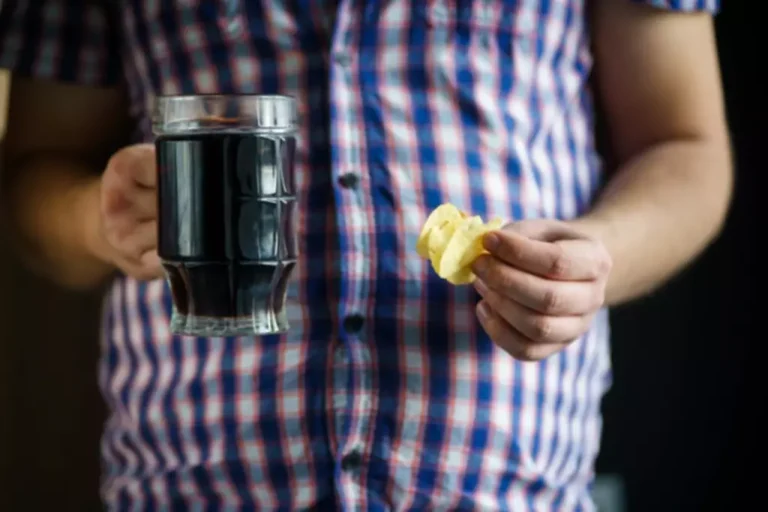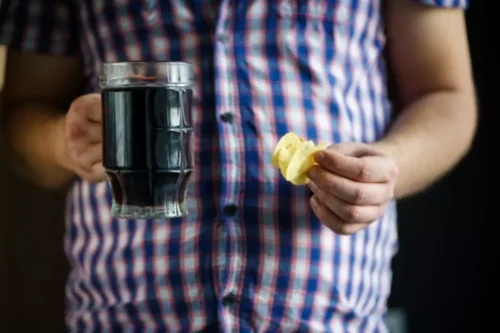
This makes it possible to recall and use the newly learned interaction and coping methods better. The journal Experimental and Clinical Psychopharmacology reports on studies showing that alcohol can increase aggression in both men and women, but more so in men. Alcohol impairs a person’s executive functioning, making it harder for them to think clearly and make rational decisions.
comments to How To Cope With An Angry Alcoholic

The FHE Health team is committed to providing accurate information that adheres to the highest standards of writing. If one of our articles is marked with a ‘reviewed for accuracy and expertise’ badge, it indicates that one or more members of our team of doctors and clinicians have reviewed the article further to ensure accuracy. This is part of our ongoing commitment to ensure FHE Health is trusted as a leader in mental health and addiction care. When you live with or care for someone who becomes abusive when they’re intoxicated, the consequences may well be more than just hurt feelings. Extreme happiness, or euphoria, is another common experience during drinking. As a positive, unalarming emotion and one that others are used to seeing, however, happiness isn’t on the radar as much as anger.
Seeking Support From Others
The actual answer to the question of which comes first, unfortunately, isn’t known for sure. With that in mind, scientific studies of how alcohol impacts the brain shows that excessive alcohol intake stirs up rage in some individuals. These alcoholic rage symptoms cause people to become violent and aggressive, even when the outlet is someone they seem to love or care about. One study found that chronic alcohol use decreases the function in the prefrontal cortex, which plays a key role in impulse control. Drinking cocktails that include energy drinks should be considered a possible factor for aggressive behavior as well.

What’s Shaping the Future of Beverages – Alcohol Industry
- Before you realize it, you can find yourself in a full-blown abusive relationship.
- A lot of emotions — frustration, sadness, bitterness and more — may whirl through your mind.
- Violent behavior may occur in as much as 50% of people with alcohol use disorder (AUD).
- An earlier study found that alcohol use enhanced aggression primarily among individuals who showed a heightened disposition for such behavior (Eckhardt and Crane, 2008).
- This is part of our ongoing commitment to ensure FHE Health is trusted as a leader in mental health and addiction care.
- Consult with a mental health professional and/or an addiction specialist who can provide resources and recommendations for treatment options.
To curb alcohol-fueled rage, it helps to know how you respond to drinking. And you may need to take steps to stop or limit alcohol consumption. Alcohol consumption may also lead to a rage response because of expectations, according to researchers (1).

How Music Therapy Works in Substance Abuse Treatment

“Dry drunkenness” is a similar, yet completely different type of problem. This is what we call it when someone acts out and makes similarly poor decisions without having a single drink. Generally, “dry drunks” are people trying to quit drinking cold-turkey, or “white-knuckling” it, as it is sometimes called. If they’re experiencing “dry drunk” symptoms, it’s not going very well for them, and they’re reacting to it by acting out in similar ways to how they would when actually under the influence. This means the self-centered, impulsive, and yes, often angry and violent nature of an ill-tempered drunk will come out in force, even when they haven’t touched a drink. This is similar in nature to a sort of withdrawal symptom of alcoholism, as it is a total rejection of a sober lifestyle.
- The influence of alcohol on emotional regulation is complex and varies greatly among individuals but now we’ve got some insights into why folks react so differently under its sway.
- These issues can then lead to more anger and further difficulty controlling emotions and outbursts.
- Drinking, or even the anticipation of consuming alcohol, causes the production of dopamine.
- Some men — especially younger men — have higher levels of testosterone than their peers.
Mixing Weed and Alcohol: Effects and Risks
- Plus, alcohol-related rage and aggression are tied to intimate partner violence, verbal and physical abuse, sexual assault, violent crimes, verbal and physical altercations, and more (1).
- High-functioning alcoholics will rarely admit that they have a problem.
- Alcohol is known for its ability to amplify emotional expression and inhibition.
- Sometimes those decisions are relatively innocent, like sending a mildly inappropriate text message.
This impact can begin to take place after just one drink, depending on the person and other factors, he adds (2). The existence of an angry alcoholic angry “crazy drunk person” is often featured in TV shows and movies because of the rising drama and action they bring to an entertaining storyline. Take time to think of different ways that you can avoid having a confrontation with the problem drinker and start doing those things.
- Drinking can have a relaxing or anxiety-relieving effect by mimicking the «chill-out» effects of GABA.
- Caring about someone with an alcohol addiction can lead to worry and sleepless nights.
- People who tend to ignore the future consequences of their behavior, or score low on the Consideration of Future Consequences (CFC) scale, have been found to display more aggression.
- Hanging out with other substance abusers can inevitably lead them into circumstances where hostility and violence is more likely.
- Alcohol consumption stimulates the release of norepinephrine, the chemical responsible for excitement and arousal.
- The study concluded that alcohol increased the odds of physical aggression in those men who had high trait anger and poor anger management skills.
If you or someone you love is battling aggression and alcohol misuse, help is available. Consult with a mental health professional and/or an addiction specialist who can provide resources and recommendations for treatment options. The study concluded that alcohol increased the odds of physical aggression in those men who had high trait anger and poor anger management skills. It also noted that sexual aggression was higher with alcohol, even in men with low trait anger and reasonable anger management skills.

